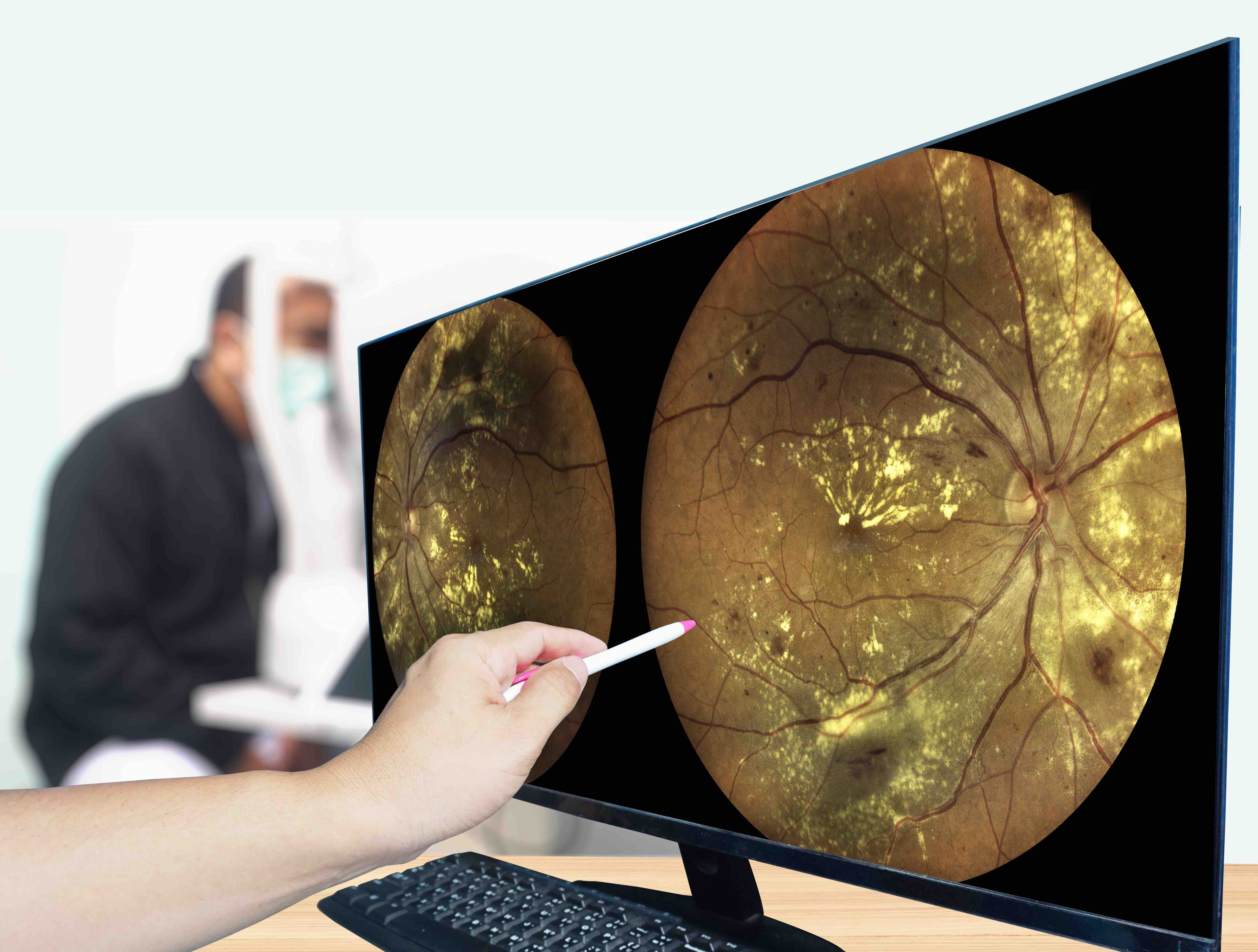Article
Biomarkers May Predict Cardiovascular Risk in Patients With Psoriatic Disease
Author(s):
Cardiac troponin I (cTnI) and N-terminal pro-brain-type natriuretic peptide (NT-proBNP) were associated with incident cardiovascular events in patients with psoriatic disease.
Cardiac biomarkers may predict risk of atherosclerosis burden and other cardiovascular (CV) outcomes in patients with psoriasis and psoriatic arthritis (PsA), according to study findings published recently in Arthritis & Rheumatology.
Compared with the general population, patients with psoriatic disease (PsA and psoriasis) have been shown to be at greater risk of excess CV morbidity and mortality. However, researchers noted that conventional CV risk scores, such as the Framingham Risk Score (FRS), underestimate such risk in patients with psoriatic disease and other inflammatory rheumatic diseases.
“Most rely only on traditional CV risk factors and fail to consider the independent risk conferred by immune disease,” said the study authors. “Novel laboratory and imaging biomarkers improve CV risk prediction in the general population, and it has been suggested that they could be combined with conventional scoring systems to optimize CV risk stratification.”
With prior research having identified cardiac troponin I (cTnI) and N-terminal pro-brain-type natriuretic peptide (NT-proBNP) as potential biomarkers to augment existing CV scores, researchers explored the association of 2 variables with carotid atherosclerosis presence and progression in patients with psoriatic disease.
“In the context of current treatment guidelines highlighting the need to identify patients with psoriatic disease who are at high CV risk, we determined whether these cardiac biomarkers predict clinical CV events independently of traditional CV risk factors and whether they improve CV risk stratification beyond the FRS,” they added.
The study authors recruited patients from the University of Toronto Psoriatic Disease cohort who provided a serum sample in the cohort biobank, had no history of CV events at study entry, and were followed for at least one year following study entry.
Of the 1000 patients with psoriatic disease included in the cohort (PsA; n = 648; psoriasis; n = 352), carotid total plaque area (TPA), measured via ultrasound assessment, was performed on 358 participants at baseline.
The cardiac biomarkers cTnI and NT-proBNP were measured using automated clinical assays, in which their association with carotid atherosclerosis was assessed by multivariable regression after adjusting for CV risk factors. Improvement in the prediction of CV events beyond the FRS was tested using measures of risk discrimination and reclassification.
In findings of the univariate analyses, both cTnI (β coefficient, 0.52; 95% CI, 0.3-0.74; P < .001) and NT-proBNP (β coefficient, 0.24; 95% CI, 0.1-0.39; P < .001) were associated with TPA. The association remained statistically significant for cTnl after adjusting for CV risk factors (adjusted β coefficient, 0.21; 95% CI, 0-0.41; P = .047), but not for NT-proBNP (P = .21).
A total of 64 of 1000 patients with psoriatic disease assessed for CV risk prediction were shown to report incident CV events (10 angina; 20 myocardial infarction; 7 transient ischemic attack; 11 ischemic cerebrovascular accident; 11 revascularization; 5 CV death).
Regarding prediction of CV events beyond the FRS, no significant improvement in predictive accuracy was observed when comparing a base model (with the FRS alone) to expanded models (with the FRS plus cardiac biomarkers).
“Our study provides new insights regarding the pathophysiology of cardiovascular diseases in psoriasis and psoriatic arthritis. However, at this time, ordering tests of cardiac biomarkers is not recommended for risk stratification of asymptomatic patients with psoriatic disease,” said senior author Lihi Eder, MD, PhD, associate professor of medicine at Women's College Hospital and University of Toronto.
Reference
Colaço K, Lee KA, Akhtari S, et al. Association of cardiac biomarkers with cardiovascular outcomes in patients with psoriatic arthritis and psoriasis: A longitudinal cohort study. Arthritis Rheumatol. Published online March 8, 2022. doi:10.1002/art.42079





